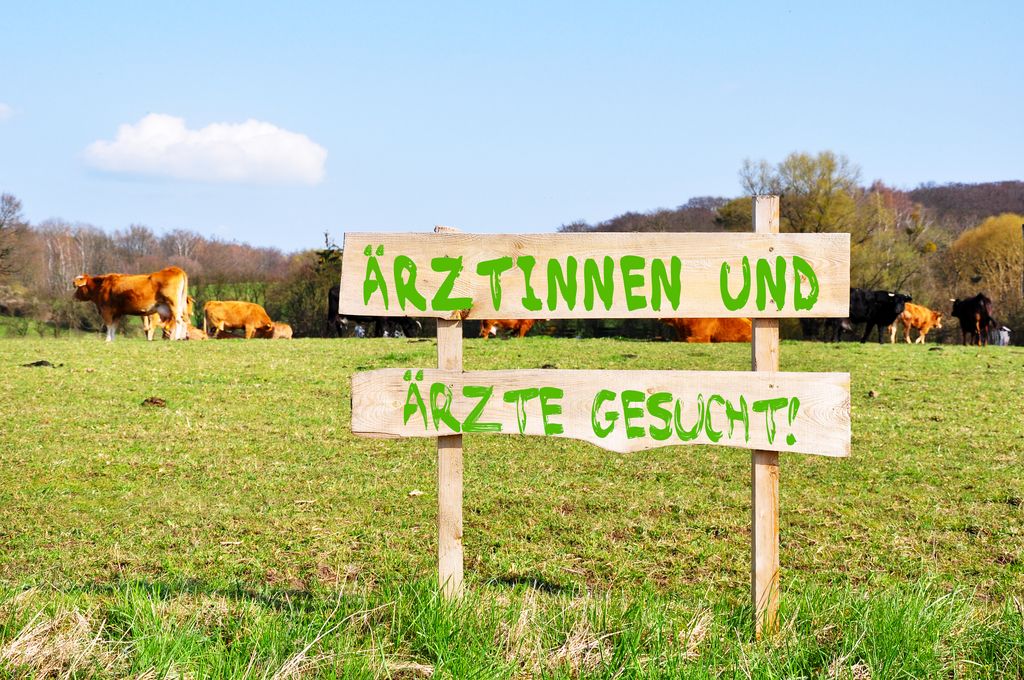Whether doctor's office, grocery stores or broadband: basic services are indispensable for everyday life. New solutions are needed to adapt services to changing needs and to maintain service provision even as resources become more limited.
It is a political aspiration to provide comprehensive, spatially inclusive basic services of appropriate quality and at socially acceptable prices. However, offering and maintaining services is particularly challenging in sparsely populated and economically weak rural areas. As a result, the enabling of equivalent living conditions is a problem. Therefore, we work on the following key questions:
- What concepts exist to maintain basic service provision especially in shrinking rural regions?
- How are these concepts to be evaluated with regard to a needs-oriented basic supply of the population in outlying areas?
A particular focus is on strategies for adapting to population decline and ageing, but we also consider different social groups. To identify needs for action, we have built and maintain a model to analyse the accessibility of a wide range of basic service facilities using different modes of transport. Another focus is on innovative digital solutions to overcome spatial seclusion. In addition, we are working to identify the prerequisites and consequences of various organisational models for basic services. These can include co-production with citizens, intercommunal cooperation, privatisation or remunicipalisation.

![[Translate to English:] [Translate to English:]](/media/_processed_/2/0/csm_LV_Bei_Hornburg_Quelle_Johanna_Fick_neu_da89674833.jpg)
![[Translate to English:] [Translate to English:]](/media/_processed_/2/0/csm_LV_Bei_Hornburg_Quelle_Johanna_Fick_neu_3aae309567.jpg)





